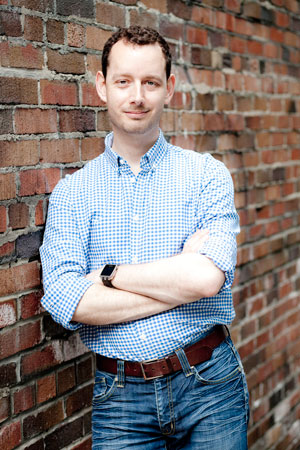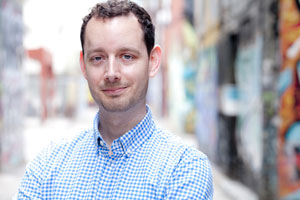Launch of the Open Policy Network
lundi 19 mai 2014 à 17:10Today we’re excited to announce the launch of the Open Policy Network. The Open Policy Network, or OPN for short, is a coalition of organizations and individuals working to support the creation, adoption, and implementation of policies that require that publicly funded resources are openly licensed resources. The website of the Open Policy Network is http://openpolicynetwork.org.
Increasingly, governments around the world are sharing huge amounts of publicly funded research, data, and educational materials. The key question is, do the policies governing the procurement and distribution of publicly funded materials ensure the maximum benefits to the citizens those policies are meant to serve? When open licenses are required for publicly funded resources, there is the potential to massively increase access to and reuse of a wide range of materials, from educational content like digital textbooks, to the results of scholarly research, to troves of valuable public sector data. The $2 billion U.S. Department of Labor TAACCCT grant program is an example of a policy whereby publicly funded education and training materials are being made available broadly under an open intellectual property license.
There is a pressing need for education, advocacy, and action to see a positive shift in supporting open licensing for publicly funded materials. The Open Policy Network will share information amongst its members, recruit new advocates, and engage with policymakers worldwide. The OPN members are diverse in content area expertise and geographic location. Creative Commons is a part of the Open Policy Network because we believe that the public deserves free access and legal reuse to the the resources it funds. With simple policy changes — such as requiring publicly-funded works be openly licensed and properly marked with easy-to-understand licensing information — the public will be better able to take advantage of their rights to access and reuse the digital materials developed with taxpayer funds.
With today’s launch of the Open Policy Network, we’re announcing our first project, the Institute for Open Leadership. Through a weeklong summit with experts, accepted fellows will get hands-on guidance to develop a capstone project for implementation in their organization or institution. The Institute for Open Leadership will help train new leaders in education, science, and public policy fields on the values and implementation of openness in licensing, policies, and practices.
The Open Policy Network is free to join and anyone is welcome! More information on the Open Policy Network is available at the website, Google Group, Twitter, and Facebook.



